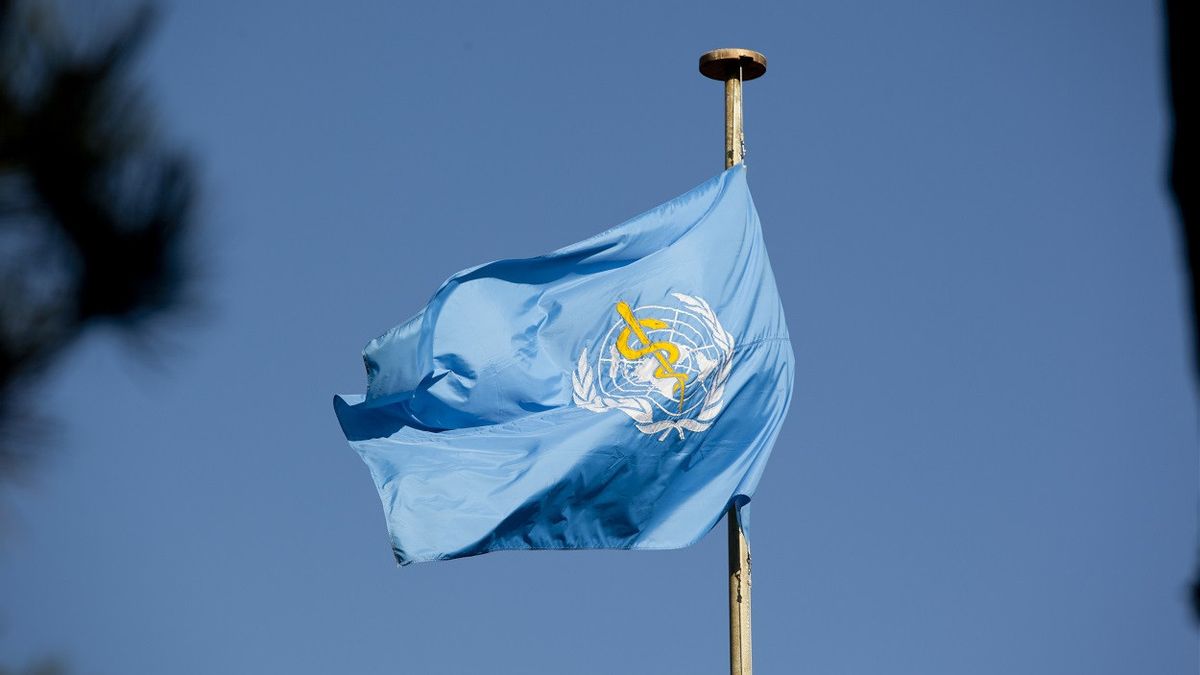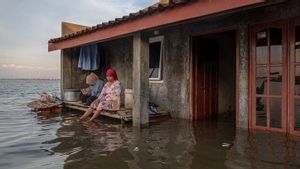JAKARTA - The World Health Organization (WHO) said COVID-19 could not be classified as endemic, due to the unpredictable nature of its transmission, with half of Europe's population being infected with the Omicron variant within two months.
British and Spanish officials are among those calling for the treatment of Covid-19 as an endemic disease, similar to the flu, for a reduction in death rates and for more easing of restrictions.
However, WHO senior official for Europe Dr. Catherine Smallwood said current conditions were far from describing COVID-19 as endemic. He said there was still a large amount of uncertainty and the virus was evolving rapidly and posed new challenges.
"Endemicity assumes that, first of all, there is stable circulation of the virus at a predictable rate, and a potentially known and predictable wave of epidemic transmission," explains Dr. Smallwood, launches The National News January 11.
"But what we see now entering 2022 is far from that. So we certainly can't call it endemic," he said.

Speaking at a WHO media briefing, Dr Smallwood said COVID-19 would probably become endemic in time, but "naming it until 2022 is a bit difficult at this stage."
According to him, reaching the endemic stage depends on an efficient response and even and equitable absorption of the vaccine.
Meanwhile, Director of WHO Europe Dr. Hans Kluge warned of a 'new tidal wave from west to east' sweeping across the region, amid the spread of the highly contagious variant of Omicron.
At current rates, said Dr Kluge, it is estimated that "more than 50 percent of the population in the region will be infected with Omicron in the next six to eight weeks."
The WHO European Region consists of 53 countries and territories, including several in Central Asia. Dr Kluge said 50 of the countries had confirmed cases of the Omicron variant.
He said there were seven million new cases of Omicron across Europe in the first week of January.
SEE ALSO:
Referring to data collected over the past few weeks, Dr Kluge said Omicron is clearly more infectious and "a mutation that allows it to attach to human cells more easily, can infect those who have previously been infected or vaccinated."
But he added that the available COVID-19 vaccine still "provides good protection against severe illness and death, including for Omicron."
The English, Chinese, Japanese, Arabic, and French versions are automatically generated by the AI. So there may still be inaccuracies in translating, please always see Indonesian as our main language. (system supported by DigitalSiber.id)


















